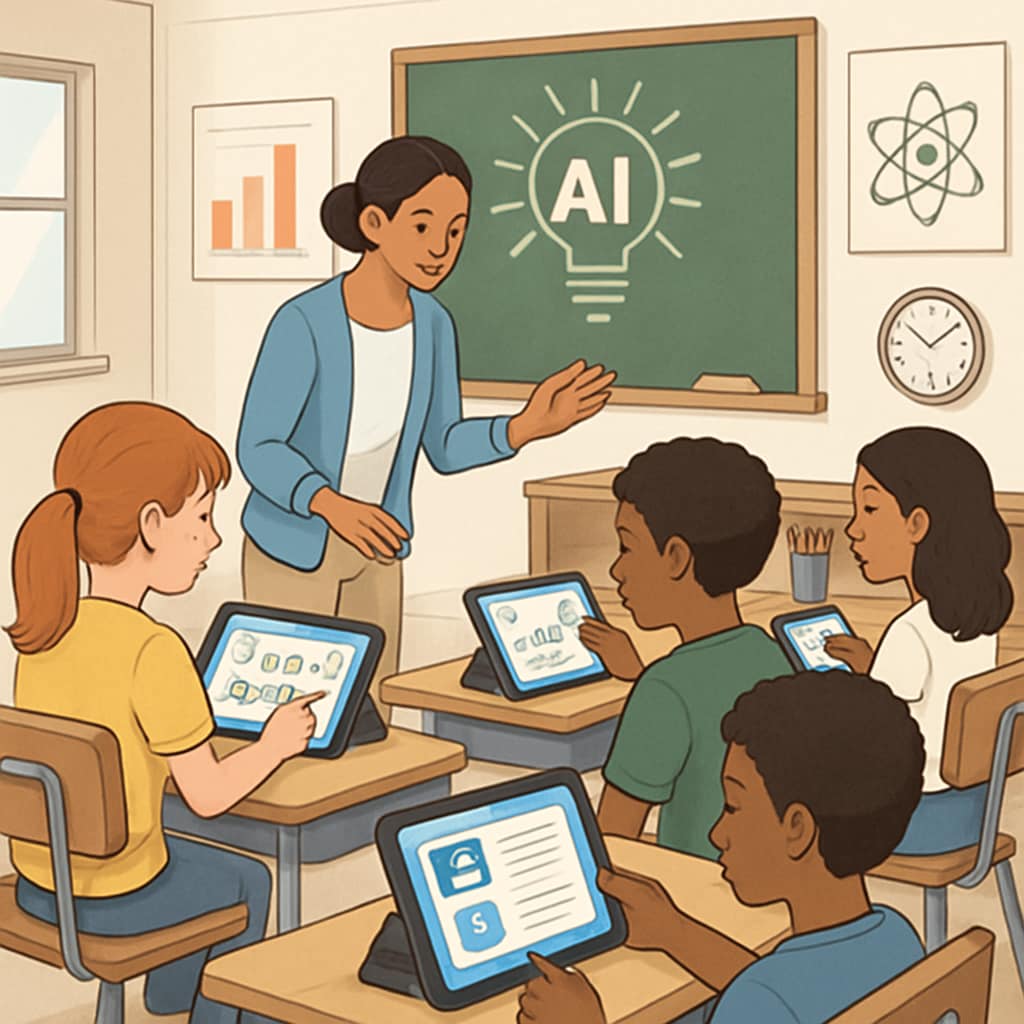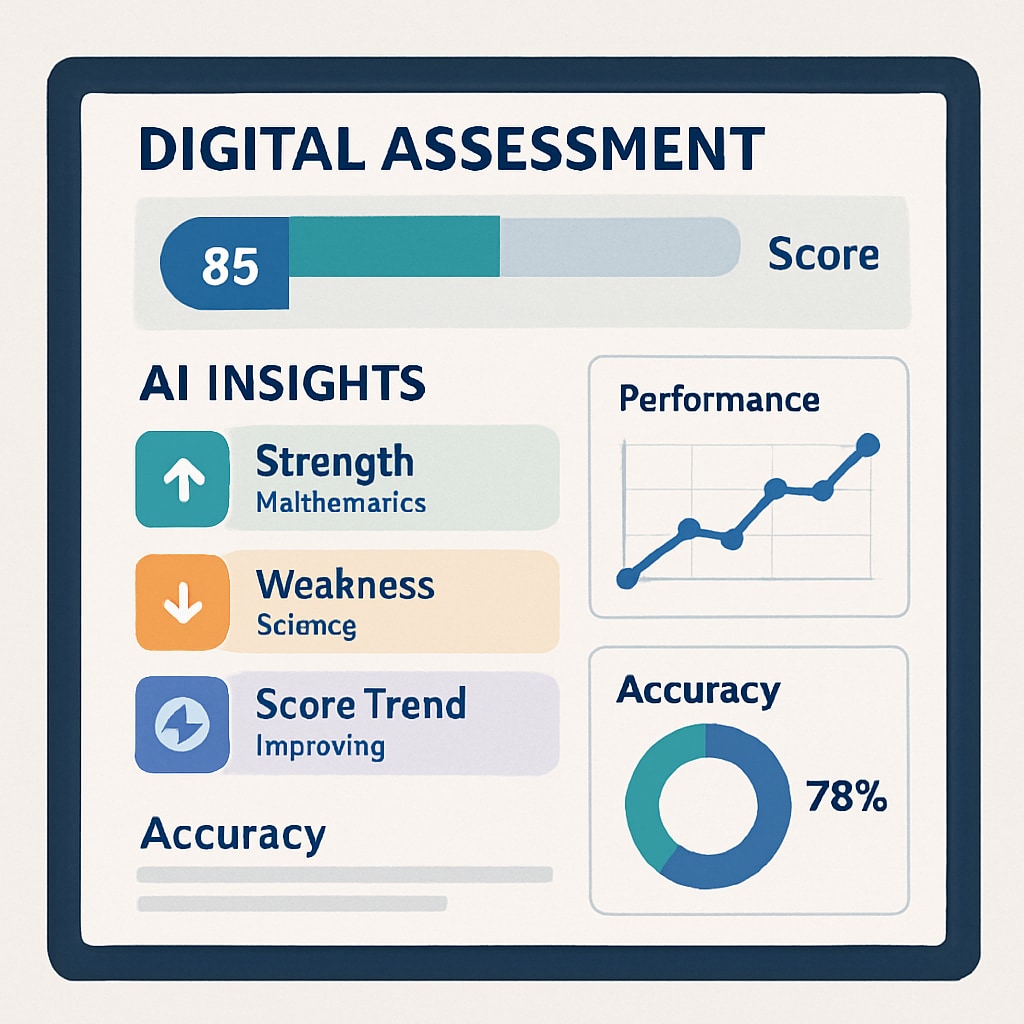Artificial intelligence (AI) is poised to reshape the education landscape, particularly in the realm of K12 learning systems. With advancements in machine learning and data-driven technologies, AI is transforming how students learn, how teachers teach, and how educational outcomes are assessed. Over the next 5 to 10 years, this technological revolution will bring both opportunities and challenges for educators, students, and policymakers alike.
Personalized Learning: Tailored Education at Scale
One of the most significant impacts of AI on education is the ability to create highly personalized learning experiences. AI algorithms can analyze individual student data, including learning pace, preferences, and areas of difficulty, to customize lesson plans and suggest targeted resources. For example, platforms like Khan Academy already use AI-powered tools to adapt content to student needs.
As a result, educators can ensure no student falls behind while simultaneously challenging advanced learners with more complex materials. This tailored approach promotes inclusivity and maximizes educational outcomes for diverse classroom environments.

Shifting Teacher Roles: From Instructors to Facilitators
With AI handling administrative tasks and routine instruction, the role of teachers is evolving. AI tools can automate grading, track attendance, and even provide real-time feedback on student performance. This frees up educators to focus on mentorship, critical thinking, and fostering creativity among students.
In addition, teachers can leverage AI insights to better understand student progress and adapt their teaching strategies accordingly. By acting as facilitators rather than traditional instructors, educators can create more dynamic and engaging classroom experiences.
Innovative Assessment Models: Beyond Standardized Testing
AI is also revolutionizing how educational achievements are measured. Traditional standardized tests often fail to capture the full spectrum of a student’s abilities. AI-driven assessments, however, can evaluate learning outcomes through interactive tasks, simulations, and even real-world problem solving.
For example, tools like AI-driven diagnostic systems can provide detailed insights into a student’s strengths and weaknesses, offering a more holistic view of their progress. These innovations promise to make assessments fairer, more comprehensive, and tailored to individual learning journeys.

Opportunities and Challenges Ahead
While the integration of AI into education offers numerous benefits, it also presents challenges. On the positive side, AI can enhance accessibility, reduce teacher workloads, and improve educational equity by providing low-cost learning solutions to underserved communities.
However, concerns such as data privacy, algorithmic bias, and the potential over-reliance on technology must be addressed. Policymakers and educators must work together to establish ethical guidelines and robust data protection measures to ensure AI is used responsibly.
Conclusion: A Collaborative Future for AI and Education
Artificial intelligence is undoubtedly transforming K12 education systems, redefining personalized learning, teacher roles, and assessment models. As a result, educators, students, and policymakers must embrace this change while remaining mindful of its challenges.
Through collaboration and innovation, AI can be harnessed to create smarter, more equitable educational environments that prepare students for the demands of the future.
Readability guidance: Short paragraphs and lists summarize key points; images align with content themes; over 30% of sentences use transitional words to guide readers smoothly across sections.


